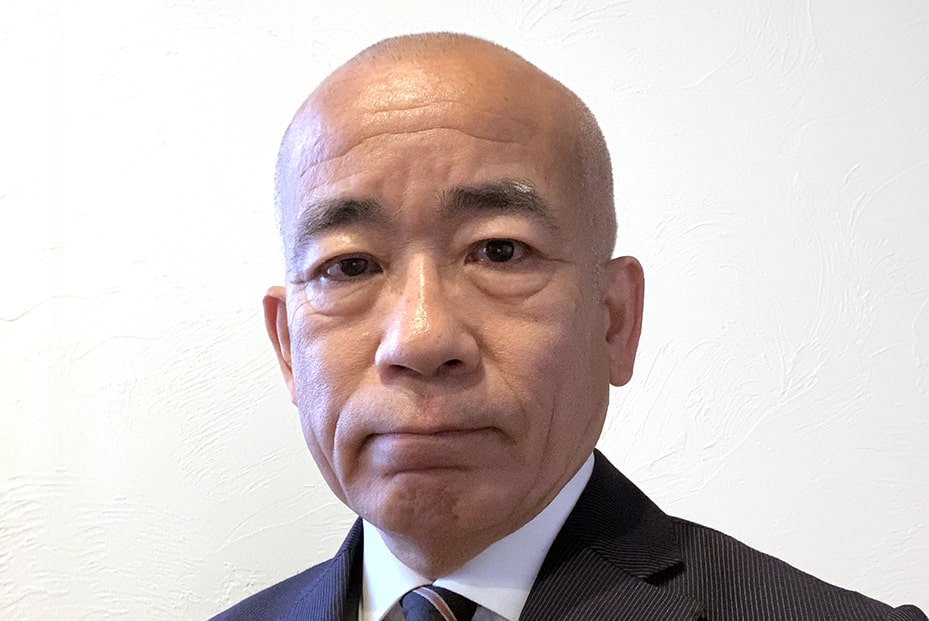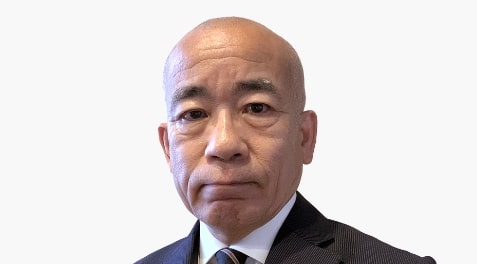Message from Program Supervisor


Program Supervisor
URA Mitsuhiro
Professor, Otemon Gakuin University / Professor Emeritus, Hiroshima University
Message
Increase in social isolation and loneliness
It is theorized that humans developed a basic need for relationships as part of their evolutionary process. Failure to be in a relationship or the experience of social isolation can impede the satisfaction of this basic need and negatively affect their adaptation. Adapting to life can be challenging for an individual experiencing social isolation.
Social isolation surfaced as a major social issue during the COVID-19 pandemic. Individuals were instructed to stay away from each other, maintain physical distance, and refrain from face-to-face interactions. The resulting feelings of loneliness and alienation have negatively affected both physical and mental health, occasionally leading to serious consequences such as isolation-related (solitary) deaths or suicides.
The negative impact of isolation extends beyond compromised mental and physical health. When individuals experience isolation and receive less attention from those around them, they become more susceptible to various crimes such as fraud, as they lack someone to turn to for advice. Also, it has been noted that the moral and ethical values of isolated individuals may decline. The proliferation of social isolation and loneliness, therefore, has the potential to steer society as a whole in an unfavorable direction.
The increase in social isolation did not occur exclusively in the post-COVID-19 era. It is believed that reports of isolation-related (solitary) deaths began appearing in the media as early as the 1970s. The problem of social isolation and loneliness has continued to be a major societal concern that needs to be addressed.
Initiatives to solve the isolation and loneliness problem and their limitations
Certainly, people have not idly stood by in addressing this challenge. Both the public and private sectors have engaged in active research and practical initiatives aimed at preventing maladjustment, criminal damage, and growing social anxiety resulting from increased isolation among individuals. These initiatives are undoubtedly vital and effective. However, it is important to recognize that there are some limitations to these efforts.
First, a significant portion of these efforts do not go beyond addressing symptoms. In the contemporary context, where more and more people are experiencing isolation and loneliness, a focus on symptomatic treatments alone is unlikely to provide a fundamental solution to the problem.
It should also be noted that symptomatic treatments are usually initiated only after the negative effects of isolation and loneliness have manifested. Such treatments come into play only after isolation and loneliness are perceived, for example, when people around them become aware of those suffering from isolation and loneliness, or when those suffering from isolation and loneliness actively seek to connect with those around them.
It is crucial to recognize that isolation begins when an individual is placed outside the sphere of interest of those around them. The state of being isolated occurs when people around them are unaware of their presence. Loneliness is even more hidden because it is an internal state experienced by the isolated individual. Another problem arises when blame is placed on those who experience isolation and loneliness. If the individual believes that he or she is to blame for being isolated and experiencing loneliness, and if those around him or her share this perspective, the indifference toward his or her isolation and loneliness intensifies, further hiding the suffering from view.
Preventing social isolation & loneliness and creating diversified social networks
Given the characteristics of social isolation and loneliness outlined above, the importance of proactively preventing individuals from experiencing isolation and loneliness becomes clear. The “Solution-Driven Co-creative R&D Program for SDGs (Preventing Social Isolation & Loneliness and Creating Diversified Social Networks),” a program initiated by JST’s Center for Research in Science and Technology for Society (RISTEX) in FY2021, is based on an understanding of these issues. Its aim is to identify the risk of individuals falling into social isolation and loneliness at the earliest possible stage and to intervene before it escalates. The overall goal is to create a society that encourages people to connect flexibly through diversified networks.
The importance of a secondary prevention approach to stop the deterioration of social isolation and loneliness, which has been visualized and received considerable social attention, should by no means be denied. However, this program focuses on primary prevention as a foundational measure to create a social system that prevents social isolation and loneliness in the first place. It is aimed at all members of society and is designed to improve social factors, while at the same time utilizing what is already known about how to support people who are experiencing apparent symptoms of isolation and loneliness.
Profile
Born in 1956. Professor, Otemon Gakuin University. Completed a postdoctoral course at the Graduate School of Sociology, Kansai University (Ph.D., (Sociology)). He served as assistant professor at Naruto University of Education and professor at Hiroshima University before assuming his current position. With his research spanning group dynamics, social psychology, and industrial/organizational psychology, he has actively contributed to improving community and family education, strengthening the local crime prevention system, and participating in various community initiatives in collaboration with the education board and police department.
Areas of Specialty/Interest
Areas of Specialty: Social psychology, group dynamics, and industrial/organizational psychology
Areas of Interest: Groups/organizations, social deviance, exclusion and acceptance, social isolation and loneliness, and social support
Articles
Yanagisawa, K., Masui, K., Furutani, K Nomura, M., Yoshida, H., & Ura, M. (2013). Family socioeconomic status modulates the coping-related neural response of offspring. Social Cognitive and Affective Neuroscience, 8, 617-622.
Related Links
- Home
- ABOUT PROGRAM
- Message from Program Supervisor



